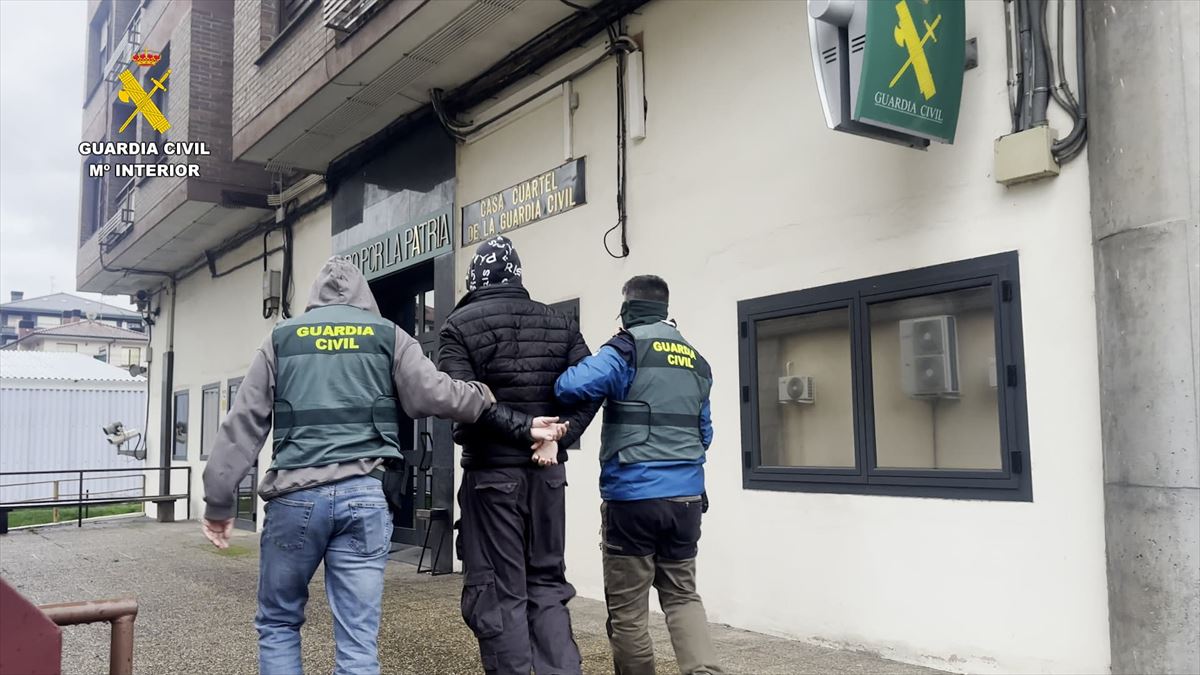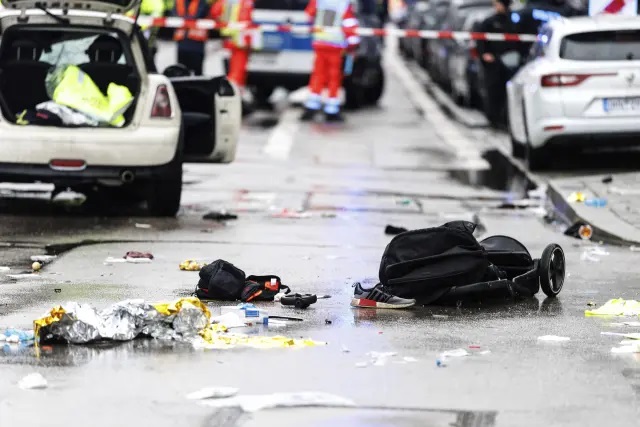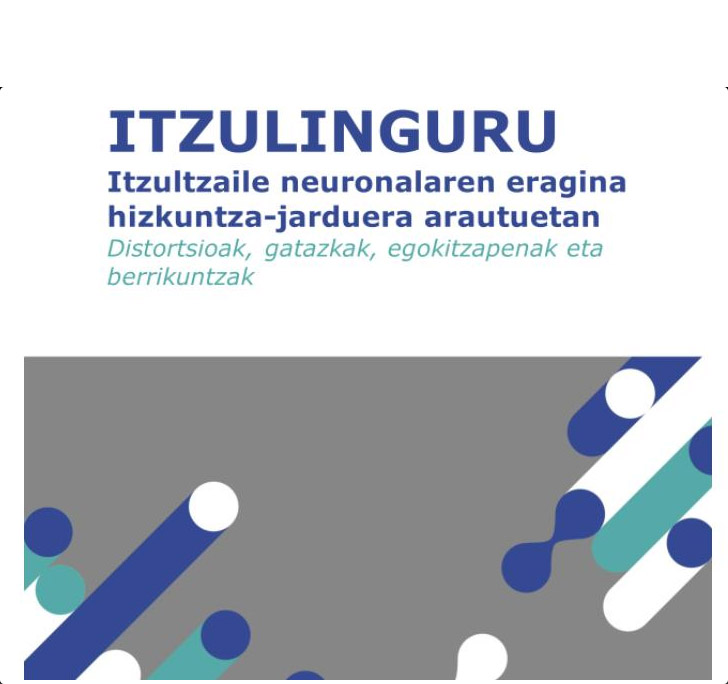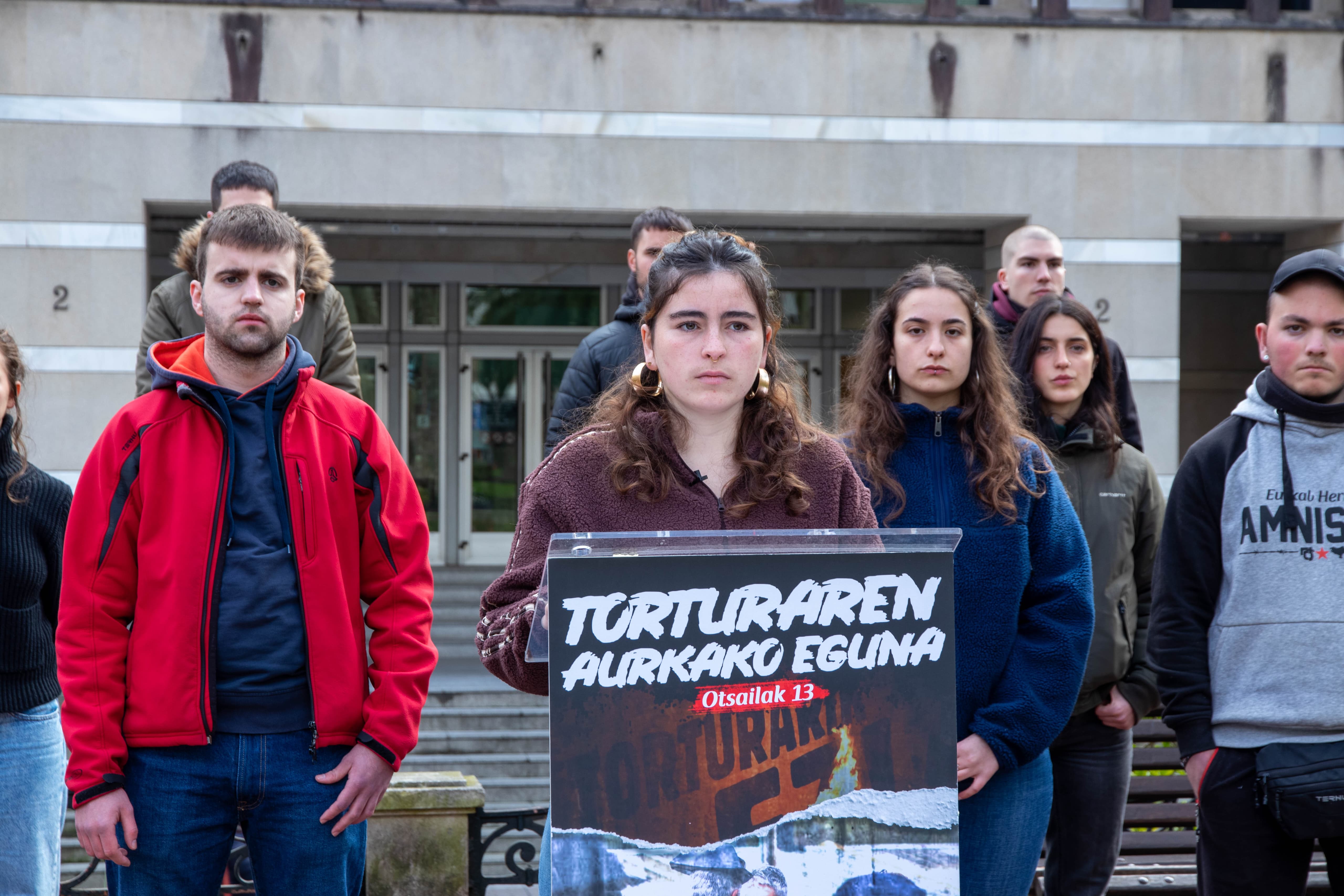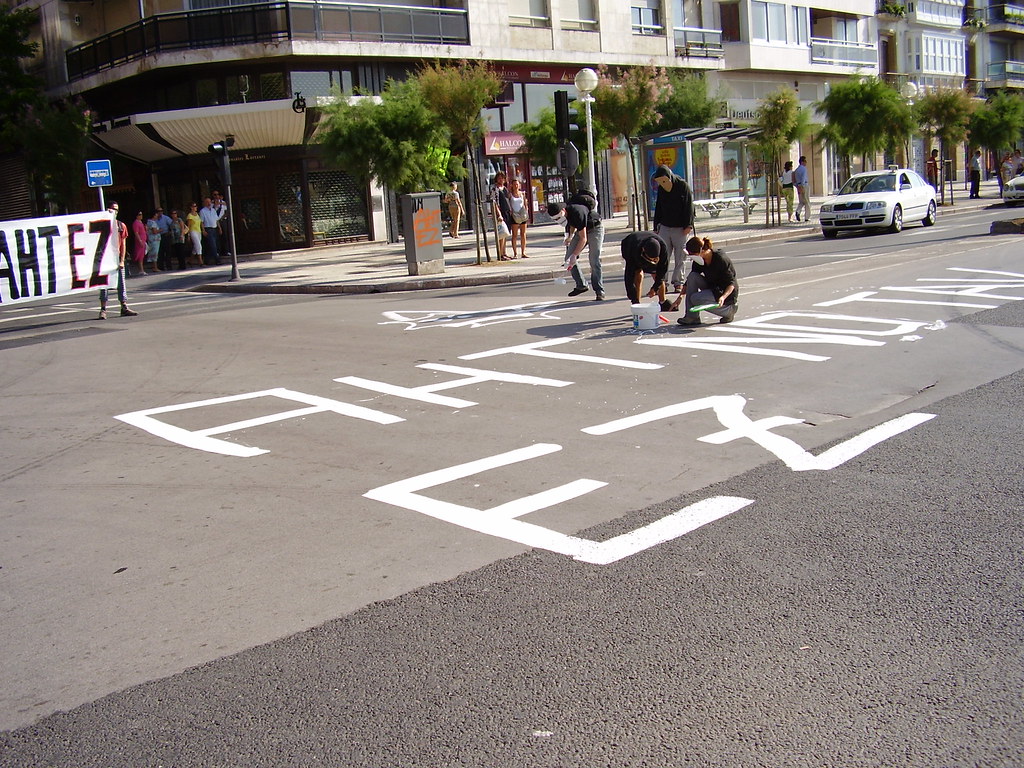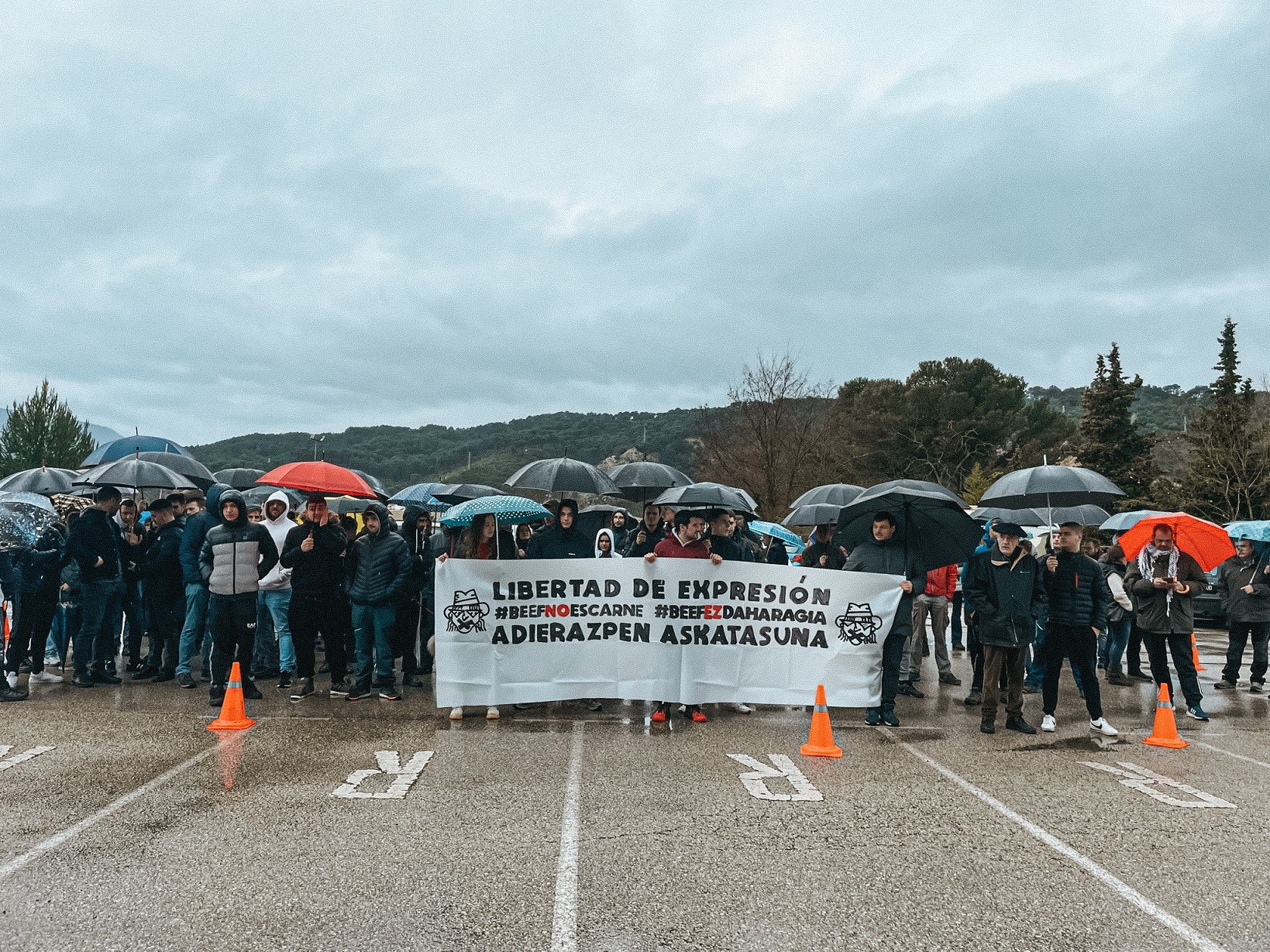From oneself to society
- Inform, make your work known, enjoy the culture on demand, seek help to defend a right… There may be many reasons to undertake projects. In most cases they are personal projects, but shared with the others converted into those of society, to which they can be recognized: this year Cincka, Goiz Berri, Azpitituluak.com, Gora Gasteiz!, Loreak and Joxerra Senarri
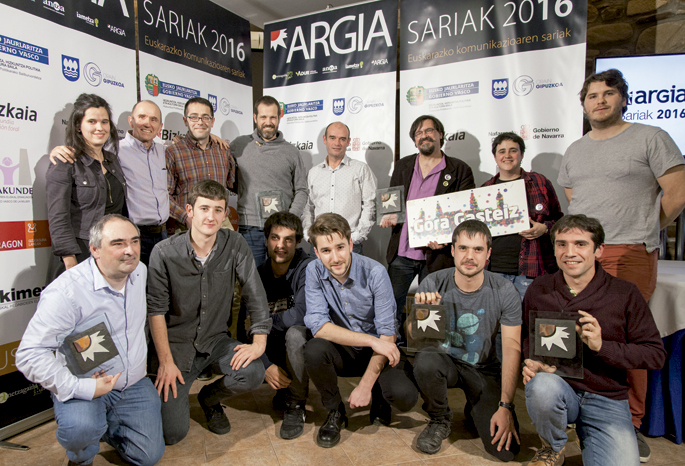
AUDIOVISUAL: Our Forage
The presentation of the ideas factory Hiru Damatxo has been the series of interviews held by Ensure Bazka. Twelve video interviews with guests Kepa Matxain, Lander Arretxea and Unai Gaztelumendi, well chosen. “We tried to list the people that were of reference to us and that we were interested in, because facing the outside was a way to show some themes and people, but also to get in touch and learn with them,” says Arretxea. Therefore, in addition to the ideas gathered in the audiovisuals, he has highlighted the pleasure of the word and the knowledge that are distributed during the meal.
To this end, they have been assisted by BEÑAT Irasuegi, Estitxu Eizagirre, BEÑAT Sarasola, Lander Garro, Cat Boyd, Arantza Santesteban, Uxoa Anduaga, Gari Garaialde, Lorea Agirre, Iñigo Astiz and Joez. “To be a department beyond every dialogue gives a whole sense, a whole.”
In that they have left the department, “as they were also to express our concerns and our position on different issues, we saw that with those twelve we touched most of the areas we wanted to touch.”
RADIO: New Tomorrow
The viewers of Tours Irratia, Antxeta Irratia, Xiberoko Botza and Irulegian Irratia wake up each morning with the news they have given in the ETB-2 Goiz Berri program. The day starts at 07:00, with the voice of Kriztof el Carpintero and Battitt Crouspey, and on Fridays Arantxa Idieder takes over from one of the two.
This initiative is based on the news of Ipar Euskal Herria, Hegoalde and the world. “We have a report sent to us every day from the writing on a topic by Ipar Euskal Herria, twice in the international news programme, a reading of the Basque press and a guest linked to the present for 15 minutes a day.” Once a week they have a chronicle on social, legal or economic issues.
The challenge of the new season has been to give more votes to the audience: “Every Monday a listener tells us a joke or a story naming another for next week. Every Tuesday another gives us an opinion on the current situation. In this sense, the answer has been positive.”
They are looking for a place to report all this from Monday to Friday at 09:00.
INTERNET: Azpitituluak.com
Luistxo Fernández watched the films with subtitles and wondered if there were any such films in Basque. After taking a personal session and seeing that he was “successful with his children,” he picked up those worked by others and picked them up on a small website. This is the year 2008 and the 700 subtitles limit has already been passed. It wasn't just his job, because from the beginning he had the idea of sharing it, both when downloading subtitles and loading. The user can find an explanation for both things on the web azpitituluak.com.
Fernandez has pointed out that there are also some similar institutional attempts, but he has considered that they are "a little slow", so he has remarked. “They’re publishing films at Filmazpit, but I expected many more to be published this year. A year and a half ago an agreement was announced between Canal+ and the Basque Government, in which dozens of films would be translated into Basque with subtitles and would also be public heritage. There is no more news.”
Last year, the contributions of the users of Azpitituluak were somewhat reduced and Fernández launched a simpler challenge for this year.
PROMOTIONAL ACTION: Gora Gasteiz!
It is not a long time when Maroto raged the atmosphere of Vitoria-Gasteiz with his words against immigrants and on social aid. Then – in November 2014 – Gora Gasteiz was created! the popular initiative, precisely, to activate society in the face of this situation and to promote coexistence among plural citizens. “It emerged from many sectors, in some cases more organized and in others not so much, to show that Vitoria-Gasteiz was something else and that it could be something else, that the city has a tradition as a city of immigrants, as a crossroads,” explains Iban Zaldua, a member of the initiative.
On April 18, 2015, the Gora Gasteiz Eguna is celebrated, the day of the Gasteiztarras activation. “It was a sufficient success and contributed to the change of environment that took place in the city. I believe that there is now a better breathing space in Vitoria-Gasteiz as far as these issues are concerned, even if the problems have not disappeared.”
Gora Gasteiz! It didn't emerge as an initiative of the past, and so far the group is sleeping, but they're working on the documentary. “It does not continue as such but it continues in the spirit in other movements.”
WRITTEN: Joxerra Senar
In these times when society has faced the economy, it is essential to carry out economic journalism in an understandable way. “The compass is to explain in an understandable and clarifying way the catastrophe of Caja Navarra, the issue of Volkswagen’s VAT or other events,” says the economic journalist of the newspaper Joxerra Senar Berria. Before the crisis, they were already trying to work on these topics in an “attractive and pedagogical” way, which has helped them to train and gain experience.
The crisis has focused on the internal events of companies and institutions, including journalism. In this sense CAN: And nothing has happened here. This kind of investigative journalism “requires more than will. I wanted to know what really happened in the case of Caja Navarra and when ELA proposed to me to write the book, I took the opportunity. It’s important to have that protection, because doing it on your own isn’t easy: you have to combine it with your work and get it out of free time.” Still, the book of journalism says that people are curious about it, that “and in Basque, little by little”.
MERITORIO PRIZE: Loreak film
The approximate cycle of a film is one year, while Loreak's one is strengthened every time it seems to be coming down. After being premiered at the San Sebastian Film Festival 2014 and receiving the public’s approval and criticism, the nomination for the Goya Awards aroused attention in the Spanish State and the possibility of participating in the Oscar international level last year. In the words of Joxe Mari Goenaga and Jon Garaño, “we have the feeling that what has happened to the film has been like a mountain stage in cycling. The last mountain has been of special category.”
It refers to the penalty of not reaching a goal, “because it will not be easy to be back in a situation like this”, but it says that the experience has been very good. They have brought our language, culture and identity around the world, but “on this journey the key is the positive reception that the film has had at the San Sebastian Film Festival, I think that thanks to it everything else has come”.
They feel that the prizes received are not for their work, but for the Basque film: “We’re doing decent films and in a sense they’re rewarding and doing it.”
Otsailaren 13a Torturaren Kontrako eguna izanki, Euskal Herriko Torturaren Sareak gutun publiko bat igorri du. Poliziek torturatu euskal jendeen lekukotasunak bildu, eta aitortza egiteko xedea du sare berri horrek Euskal Herri osoan. Torturatuak izan diren 5.000 pertsonei... [+]
Epistemology, or theory of knowledge, is one of the main areas of philosophy, and throughout history there have been important debates about the limits and bases of our knowledge. Within this we find two powerful corridors that propose different ways of accessing knowledge: The... [+]









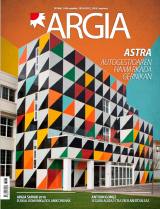

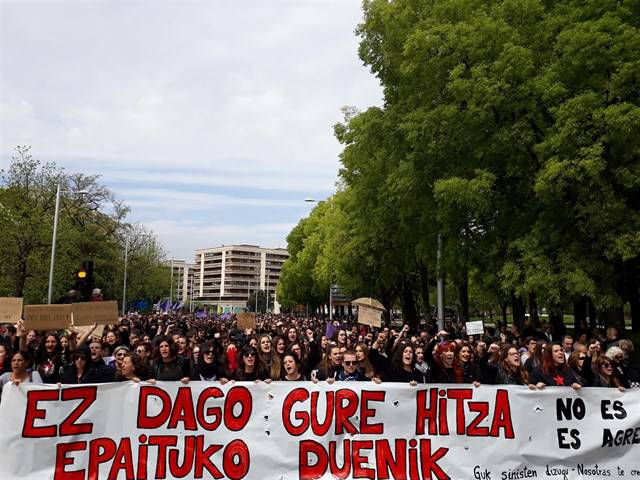
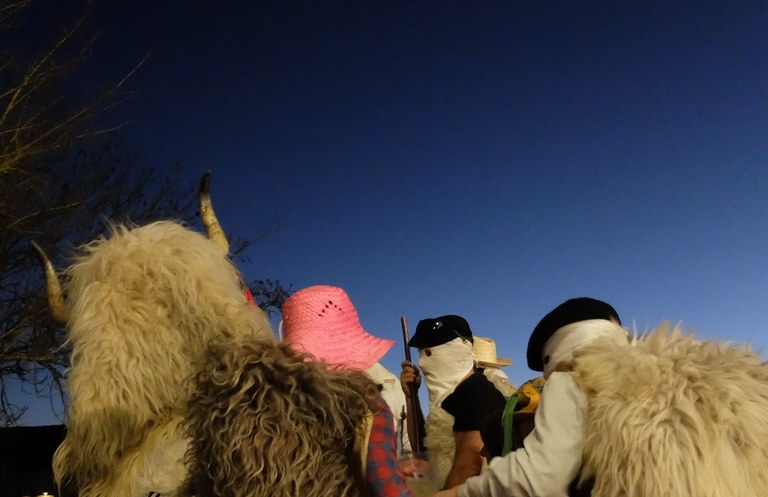

.jpg)
